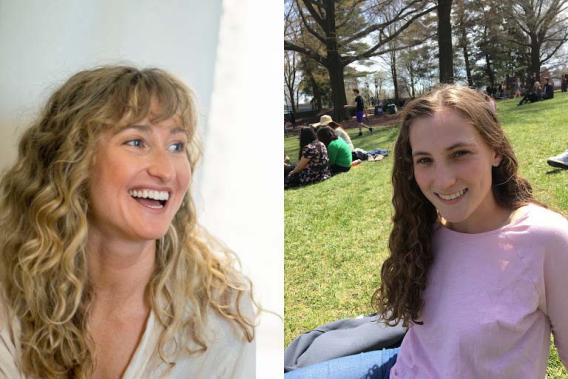Next-Gen Psych Scholars Program
The Next-Gen Psych Scholars Program (NPSP) is a virtual graduate student-led mentorship program for underrepresented (e.g., BIPOC, low-income, first-gen, LGBTQIA+) undergraduates and post-baccalaureates interested in applying to psychology PhD programs.
Mission
NPSP believes that cultivating diverse teams of scientists to tackle today’s most pressing societal issues would not only improve the science—it would bring a voice to underprivileged and marginalized communities through the scientists who have themselves grown up in those communities. Diversifying the next generation of psychologists will enhance the questions we ask, the methods we use to capture diverse lived experiences, and ensure that the conclusions we draw are rooted in context and integrity.
The Next-Gen Psych Scholars program aims to cultivate long-term support structures between current underrepresented psych PhD students and diverse undergrad or post-bacc mentees to:
- embrace and celebrate the unique journeys that have led current graduate students to pursue a PhD
- inspire and empower the next generation of scholars while enhancing feelings of belonging in academia


We're driven to make a difference
NPSP was founded by University of Minnesota PhD students, Meriah DeJoseph (ICD) and Kate Carosella (Psychology).
How it works
Each mentee is paired with a mentor by program area or shared identity based on mentees’ preference and mentor availability. This one-on-one mentorship occurs through one-hour Zoom calls each month, where mentee-mentor pairs discuss grad school plans, workshop any application materials, and provide individual-level support needed. Throughout the year, there is also ongoing communication and connection over Slack where mentees can ask the larger group of mentors questions about grad school or the application process and connect with other mentees with shared identities and experiences
Each month, lead mentors at UMN lead 1-2 panels or workshops that focus on a range of topics from individual aspects of the grad application to fellowships and miscellaneous professional development topics. Lead mentors also moderate a smaller series called the #nextgenStories series, where a panel of 5-7 mentors with a shared identity discuss their individual journeys to grad school. In the fall, mentors across various programs sign up to host application material workshops for mentees to get peer-to-peer feedback.
As a show of appreciation for graduate students’ time and to honor the diverse perspectives they share with mentees, graduate students are paid a consulting fee thanks to the generous support from the University of Minnesota Tri-Psychology Programs.
How to get involved
Recruitment
Recruitment for mentees and mentors begins each spring and is announced on Twitter (@NextGenPsych) and through various listservs. Participation in the program lasts a year, with the option of continuing for subsequent years.
For questions or more information, please contact next.gen.psych.scholars@gmail.com.
Access our resources
Visit our Google drive to view NPSP predoctoral resources, curated by our ICD and psychology students.
Funding
- Year 1: $1,000 award from the UMN Tri Psych Diversity Fund to MD and KC
- Year 2 (spring/summer): $1,200 award from the ICD Howard Diversity Award to MD
- Year 2 (fall/spring): PSU TAship to Marisa Lytle who is assisting with coordinating NPSP
- Year 2 and onward: Yearly $7,000 (possibly up to ~13k) from UMN Tri Psych
- ICD supports up to 10 application fee waivers for NPSP mentees
Funds are used to pay underrepresented graduate students as consultants. Graduate student participation is completely voluntary, and we take care to ensure that underrepresented students are not being overburdened. To show appreciation for graduate students’ time and their generous consultations with predoctoral applicants, we pay up to 10 UMN ICD/psych grad students $150 to participate in 1-2 panel sessions and mentor up to 4 mentees in a given program cycle. Additional funding is used to cover smaller consultant payments for all UMN mentors, summer stipends for grad student directors/coordinators, and honorariums for early career researchers who participate in panel sessions.